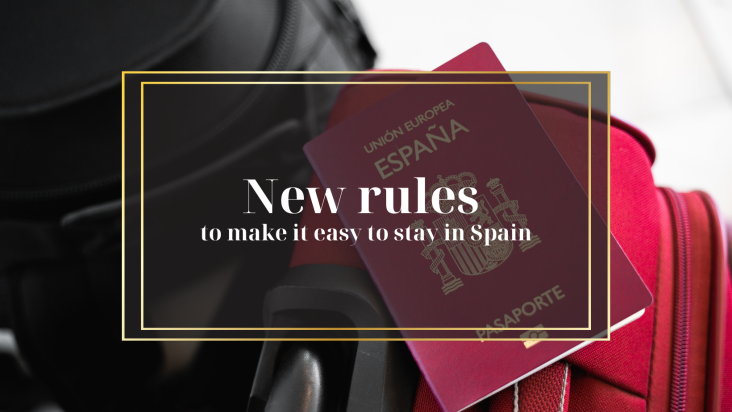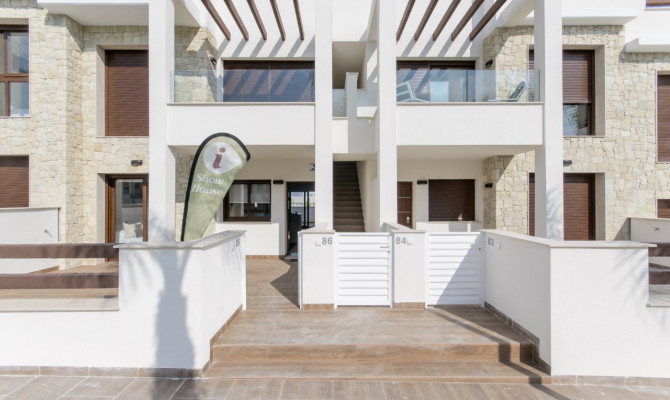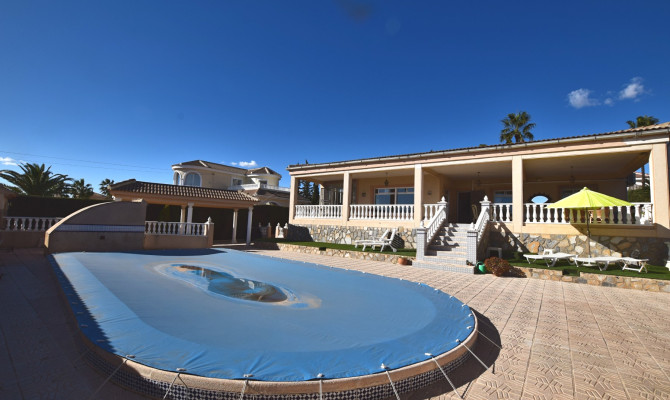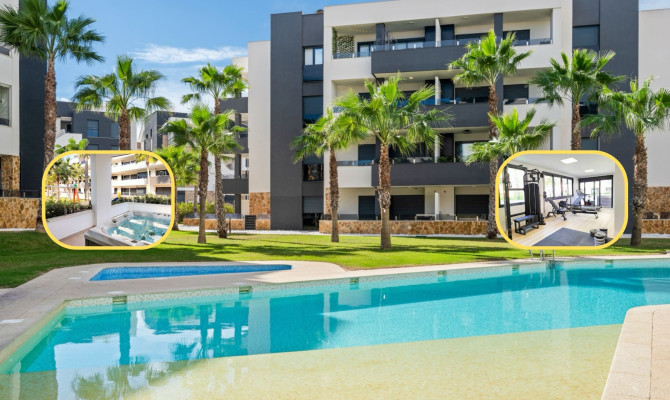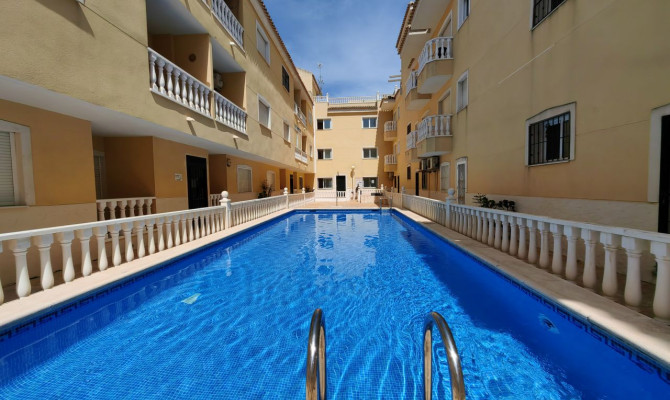New 'arraigo' rules have just come into force: Legal residency in Spain to be easier for migrants
Starting May 20, 2025, Spain has rolled out a new set of rules under the Arraigo Social process, designed to make it easier for undocumented migrants to obtain legal residency and work permits. These reforms aim to simplify the path to regularisation by recognising social ties, financial stability and integration into Spanish society.
What is Arraigo Social?
The word arraigo means “roots,” and the Arraigo Social programme is exactly that: a way for people who have built a life in Spain to stay legally. It allows foreigners living in the country without papers to apply for legal residence and work authorisation by showing strong personal or social connections.
New Residency Requirements: 2 Years, Not 3
One of the biggest changes in 2025 is the reduction of the required residency period. Previously, applicants had to prove they had lived in Spain continuously for three years. Now, under the new regulation, only two years of continuous residence are needed to qualify.
You can prove this stay using documents like:
- Municipal registration (empadronamiento)
- Bank statements
- Medical records
- Phone bills
- Work contracts
- Any official document showing your name and time spent in Spain
Note: You must not have been an asylum seeker or involved in an asylum application during this two-year period. Asylum and arraigo are separate legal processes.
Clean Record and Financial Support Are a Must
To qualify, applicants must:
- Have no criminal record in Spain or other countries they've lived in
- Not pose a risk to public safety or health
- Show financial stability
This can be through:
- Your own income
- A family member (like a parent or spouse) who agrees to support you financially and can prove their income
If you're starting a business, you’ll need to apply under a different category, Arraigo por cuenta propia, and submit a business plan, training certificates, and investment details.
Family Ties Can Strengthen Your Case
If you have a close family member in Spain—such as a spouse, parent or child—who is a legal resident, this can greatly improve your chances. Distant relatives like cousins or uncles don’t count under this rule.
How Much Money Do You Need?
Applicants must show income equal to at least the IPREM (Spain’s Public Indicator of Income), which is about €600/month. This standard is also used for social aid and grant applications in Spain.
No Job? Show Your Social Integration
If you don’t have a job offer or business plan, you can still apply by proving social integration. This involves submitting a report from your local government that assesses:
- Your Spanish language skills
- Cultural knowledge
- Participation in community life
This can help demonstrate that you’re already a contributing member of Spanish society.
What Else Is Changing?
These updates are part of a wider overhaul of Spain’s immigration policies, aiming to better reflect the real-life situations of migrants and help them gain legal status more efficiently.
Bottom Line: From May 20, 2025, if you’ve been in Spain for at least two years, have strong social or family ties and can support yourself financially, the path to legal residency is getting clearer. The new arraigo rules offer a more flexible and realistic option for thousands of people living and working in Spain without documents.











